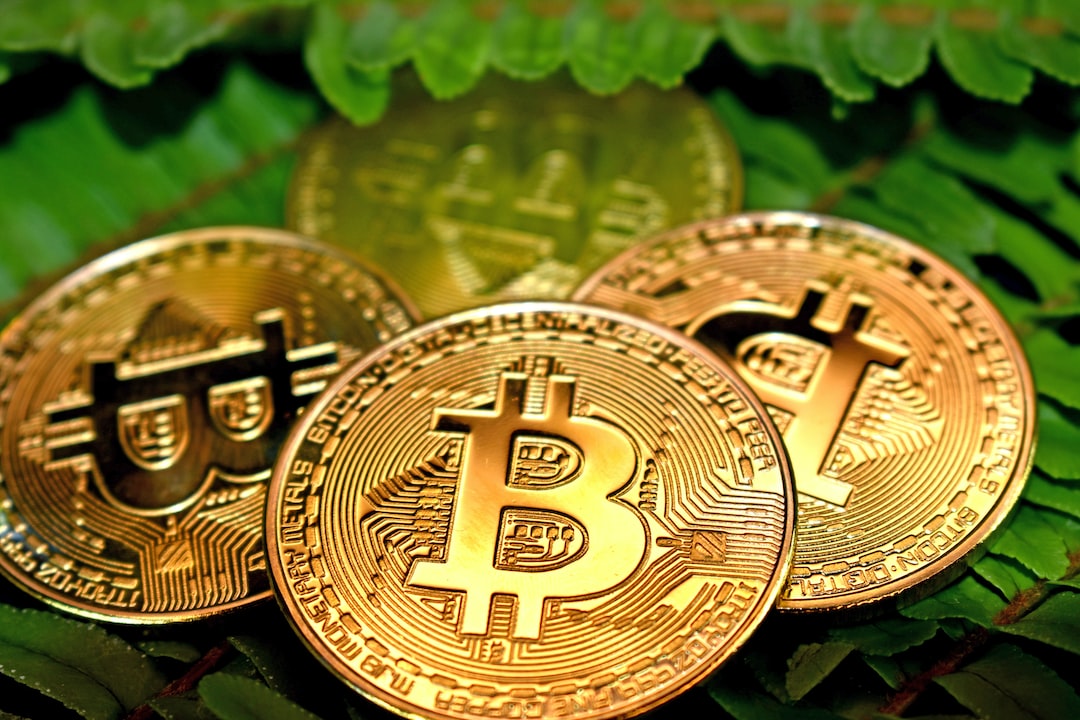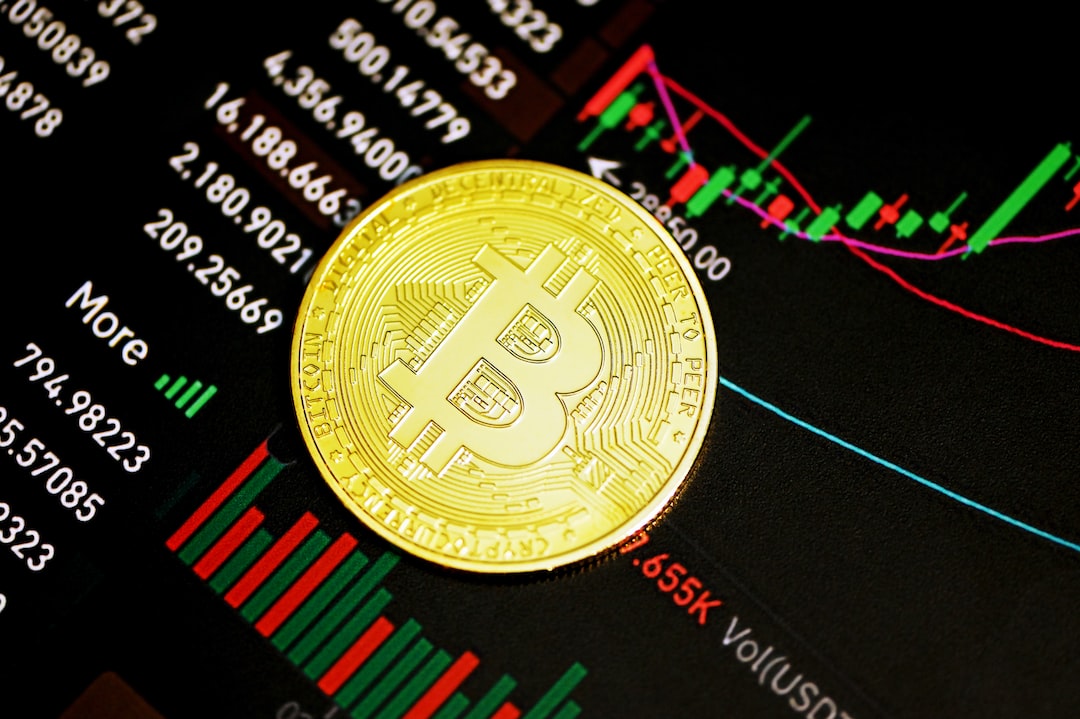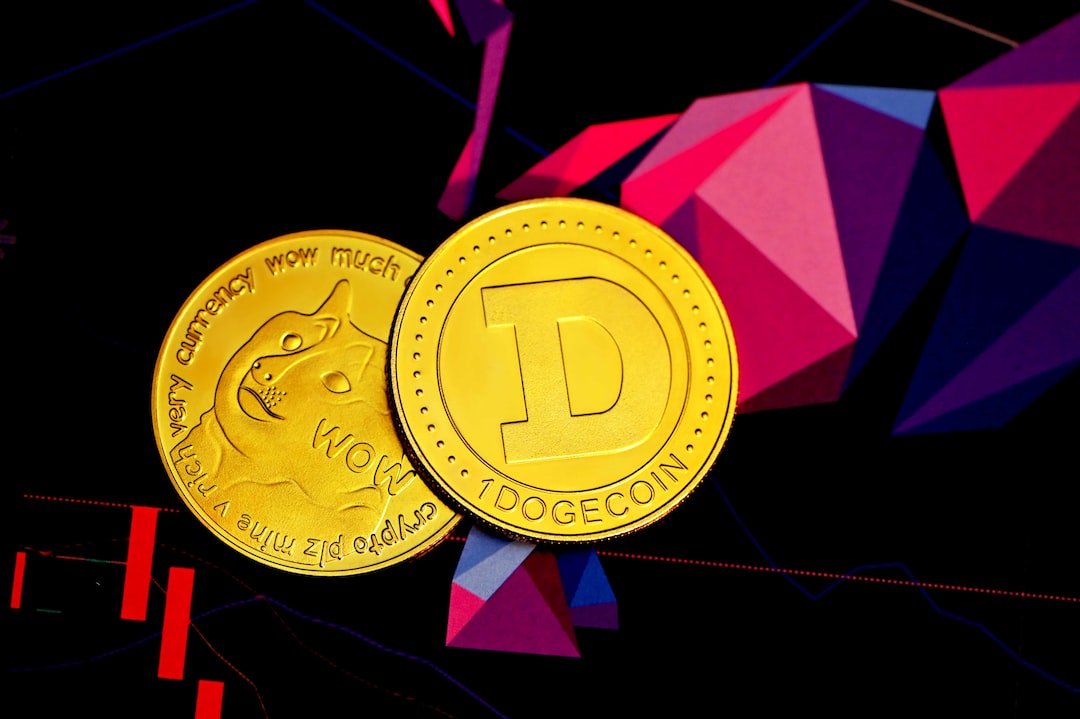An Innovative Blend of Immigration and Crypto-Economics
El Salvador’s recent citizenship offer is shaking things up by granting residency and citizenship to 1,000 investors who invest $1 million in Bitcoin or USDT. From a financial standpoint, this move could result in a significant $1 billion influx into the country. It’s a novel fusion of immigration policy and crypto-economics, positioning El Salvador as a trailblazer in the adoption of digital currencies.
Alistair Milne’s Skepticism
However, not everyone is convinced. Alistair Milne, the founder of the Altana Digital Currency crypto hedge fund, believes that El Salvador’s initiative is too costly. He argues that there are more affordable alternatives in the European Union that are equally attractive.
El Salvador vs. Malta
Although this opportunity has the potential to bring $1 billion to El Salvador, critics argue that it lacks global competitiveness. For example, Malta offers EU access under a citizenship-by-investment program for a more reasonable $810,000. On the other hand, Caribbean nations like Antigua and Barbuda, Dominica, St. Lucia, Grenada, and St. Kitts and Nevis provide citizenship in exchange for contributions ranging from $100,000 to $250,000, making them appealing options for those seeking alternative paths to residency or citizenship.
Bitcoin Advantages and Governance Concerns
El Salvador’s endorsement of Bitcoin, recognizing it as legal tender and exempting tech companies from taxes, further enhances its appeal. However, questions have emerged about President Nayib Bukele’s governance. While effective in reducing crime, Bukele’s methods have been criticized for human rights violations. President Bukele’s recent decision to step down suggests significant changes ahead, adding uncertainty to El Salvador’s political landscape. This convergence of investment potential and political transformation poses a daunting choice for investors considering El Salvador’s citizenship program.
Hot Take: A Bold Move or Risky Gamble?
Is the attraction of Bitcoin and citizenship in El Salvador worth the risk in a nation undergoing substantial political changes? Only time will reveal the answer.





 By
By
 By
By
 By
By
 By
By
 By
By